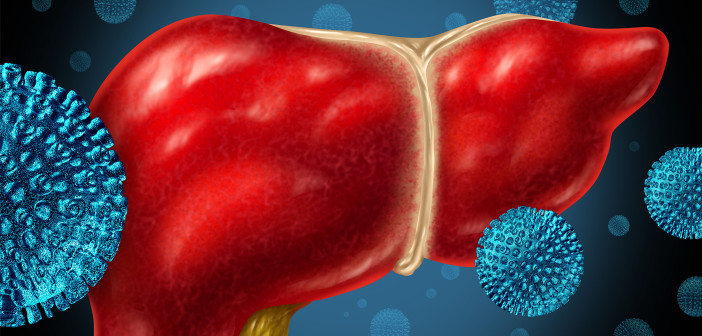The Michigan Department of Health and Human Services (MDHHS) has been aware of a rise in hepatitis A cases since August 2016. MDHHS continues to track this trend; reporting 555 cases in Southeast Michigan including 457 hospitalizations and 20 deaths as of November 29, 2017. These numbers do not include all reported cases of hep A; only those that have been linked to the outbreak. Although the highest numbers have been located near the suspected source of the outbreak – Macomb County and the City of Detroit – Wayne and Oakland are also seeing high numbers, and it has spread to include 14 counties that have reported at least one case. Genesee County has one reported case linked to this outbreak.
What is Hepatitis A? What are the symptoms?
According to the MDHHS, hepatitis A is a serious, highly contagious liver disease caused by the hepatitis A virus (HAV). You can get hepatitis A by consuming contaminated food or water, during sexual activity, or just by living with an infected person. The MDHHS reports that illness can appear 15-50 days after exposure, and there are a range of outcomes. Some who are infected with hepatitis A do not experience illness, while others can be sick for several weeks. And in some cases, hepatitis A can be fatal.
MDHHS lists the potential symptoms of hep A as:
- Nausea and vomiting
- Belly pain
- Feeling tired
- Fever
- Loss of Appetite
- Yellowing of skin and eyes (jaundice)
- Dark urine
- Pale-colored stool
- Joint pain
How can you protect yourself and your community?
The MDHHS and Genesee County Health Department agree that vaccination is the best way to reduce your risk of infection, as it is a vaccine-preventable illness. While it is recommended as part of a childhood vaccination schedule, most adults have not been vaccinated and therefore, may be at risk of infection. MDHHS suggests that everyone has two doses of the vaccination in order to protect themselves and prevent the spread through the community.
Other ways to reduce the spread of hepatitis A in our community include practicing good hygiene such as diligent handwashing. They recommend not sharing towels or toothbrushes with others; do not share food, drinks, drugs or cigarettes, and do not have sexual relations with someone infected with the HAV.
If you think you may have hep A, see your medical provider and cooperate with your local public health department in order to stop the spread to others. If you do not have a medical provider, or for more information on hepatitis A or to get the vaccination, visit the Genesee County Health Department: gchd.us/. Additional info and current recommendations can be found at michigan.gov/hepatitisaoutbreak and cdc.gov/hepatitis/hav/afaq.htm.
The MDHHS and Genesee County Health Department agree that vaccination is the best way to reduce your risk of infection, as it is a vaccine-preventable illness.








